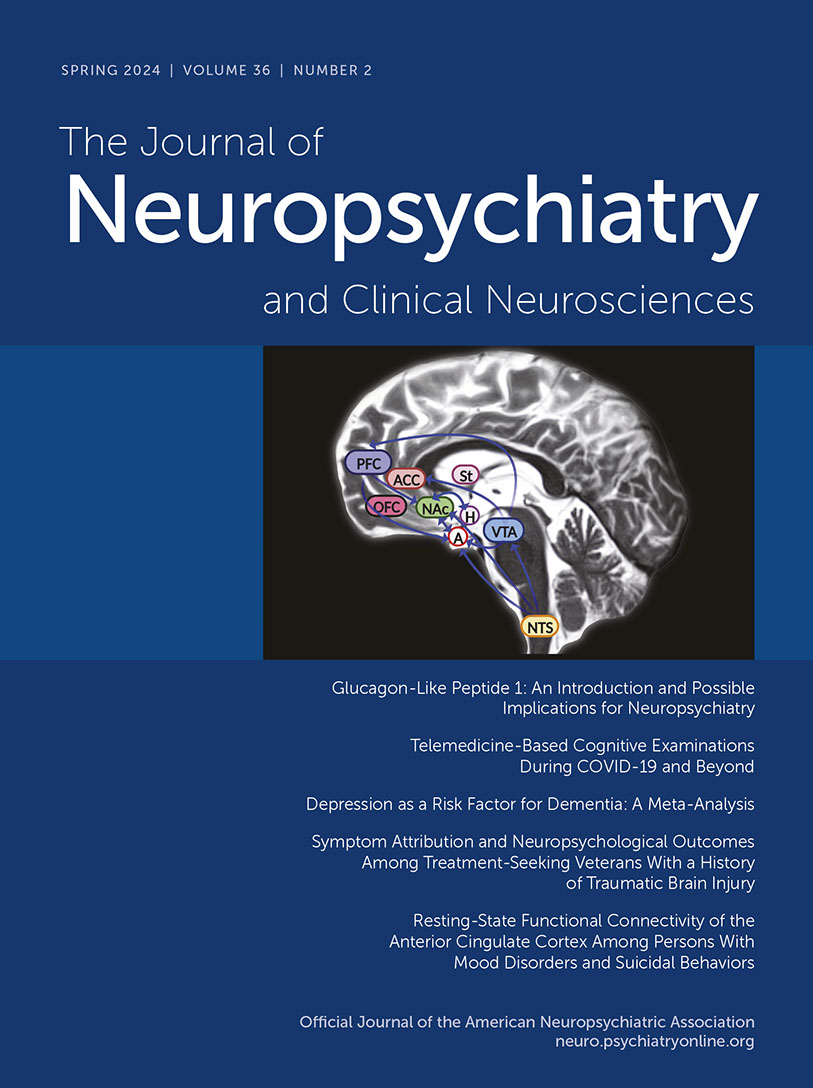Depression as a Risk Factor for Dementia: A Meta-Analysis
Abstract
Dementia is a syndrome characterized by the deterioration of cognitive function beyond what is expected. The increased risk of developing this syndrome resulting from established modifiable risk factors, such as depressive episodes, is currently a subject of interest. The aim of this study was to review the scientific evidence that addresses the relationship between depression and dementia. A bibliographic search of the PubMed and PsycInfo databases for articles published over the past 20 years was conducted with the following medical subject heading terms: depression or depressive, dementia, and incidence or cohort studies. After articles meeting the inclusion criteria were selected, relevant moderating variables were grouped as sample characteristics, methodological characteristics, extrinsic characteristics, and outcome variables. The 26 selected studies resulted in a sample comprising 1,760,262 individuals. Statistical analysis revealed a pooled relative risk for the development of dementia of 1.82 (95% CI=1.62–2.06). The primary variables evaluated were the diagnostic methods for depression and dementia and the presence of depression. Other variables, such as mean age, methodological quality of each study, follow-up time, and publication year, were also evaluated. Age was statistically but not clinically significant. No relevant publication bias or alterations in the results were found when accounting for the quality of the studies. It is recommended that new moderating variables be evaluated or that existing variables be reformulated in future studies.
Access content
To read the fulltext, please use one of the options below to sign in or purchase access.- Personal login
- Institutional Login
- Sign in via OpenAthens
- Register for access
-
Please login/register if you wish to pair your device and check access availability.
Not a subscriber?
PsychiatryOnline subscription options offer access to the DSM-5 library, books, journals, CME, and patient resources. This all-in-one virtual library provides psychiatrists and mental health professionals with key resources for diagnosis, treatment, research, and professional development.
Need more help? PsychiatryOnline Customer Service may be reached by emailing [email protected] or by calling 800-368-5777 (in the U.S.) or 703-907-7322 (outside the U.S.).



